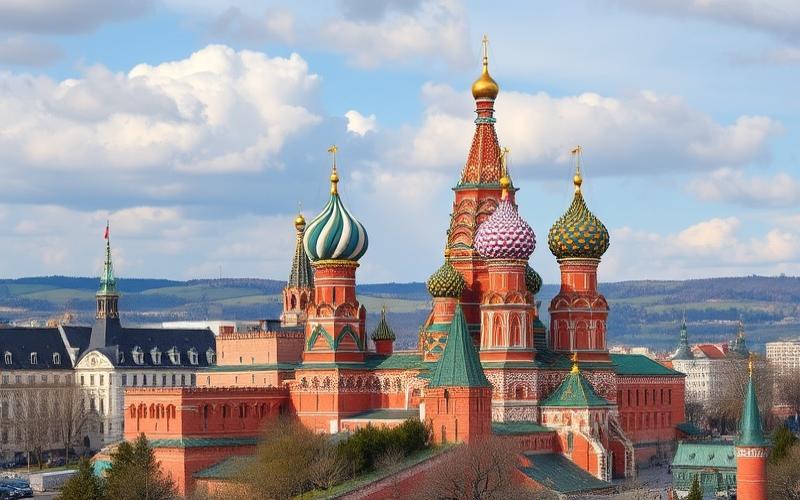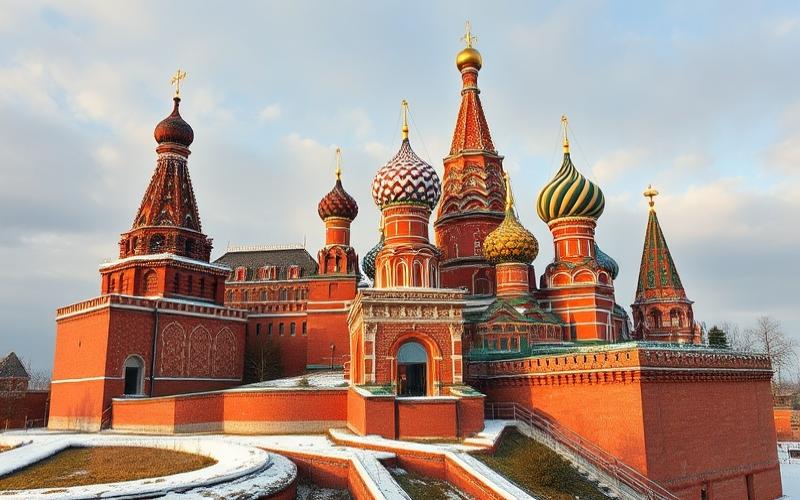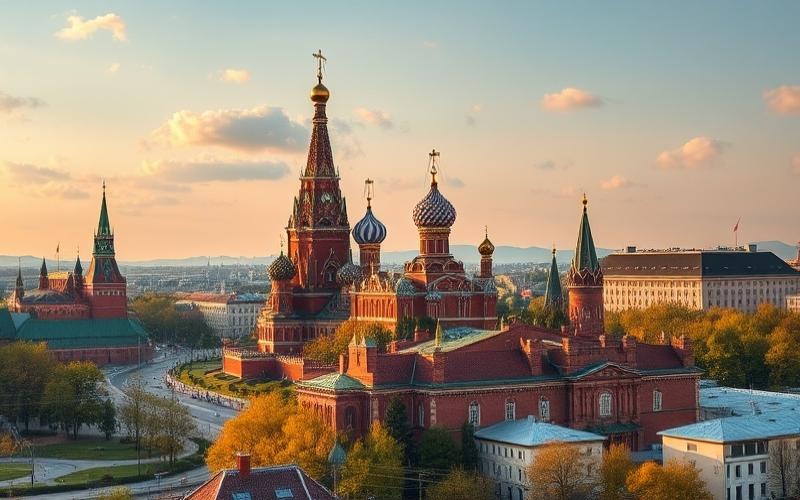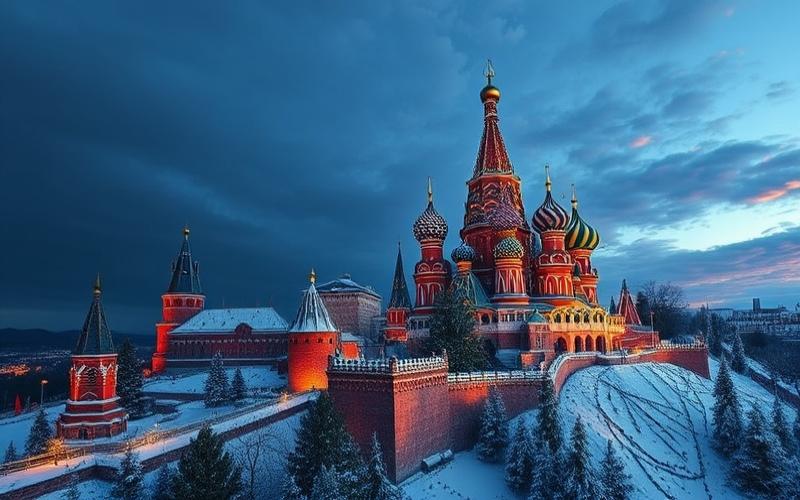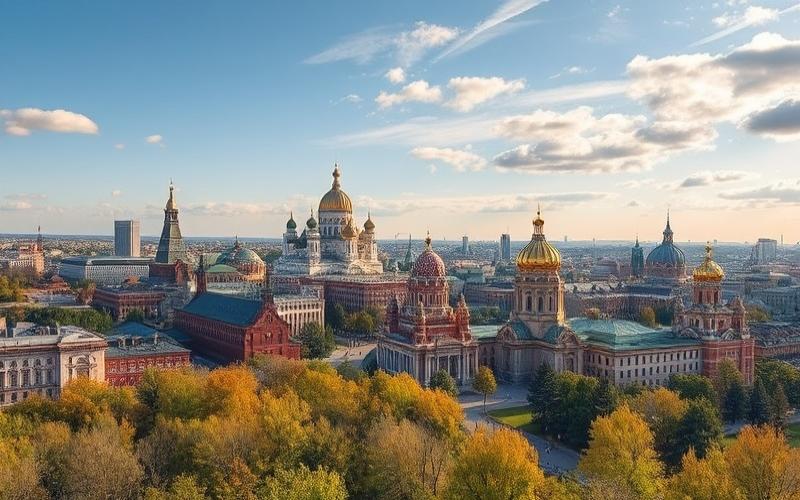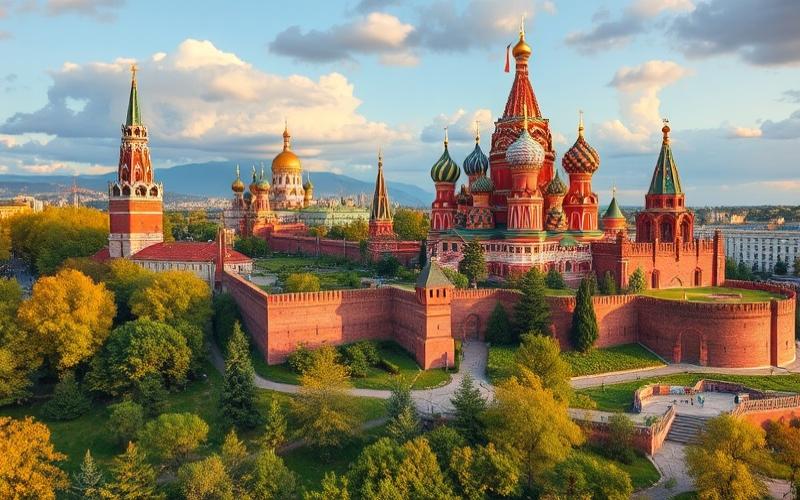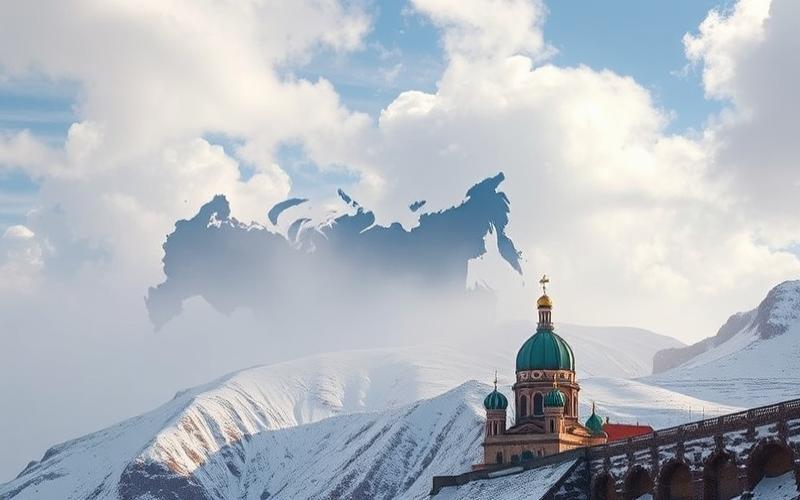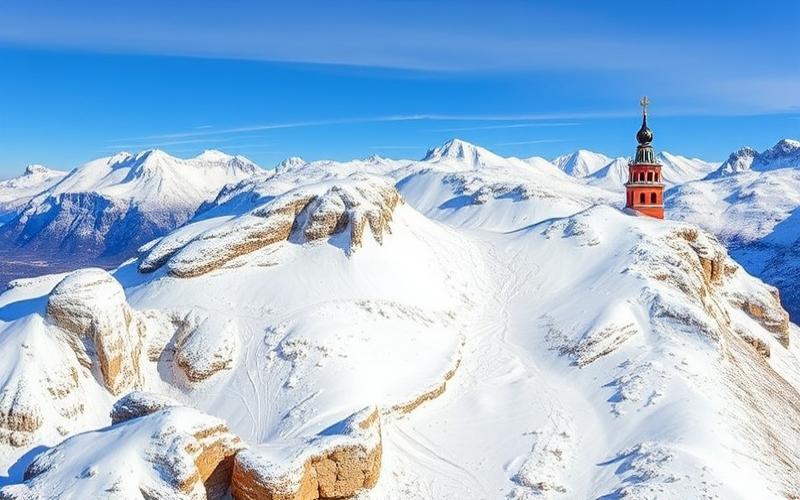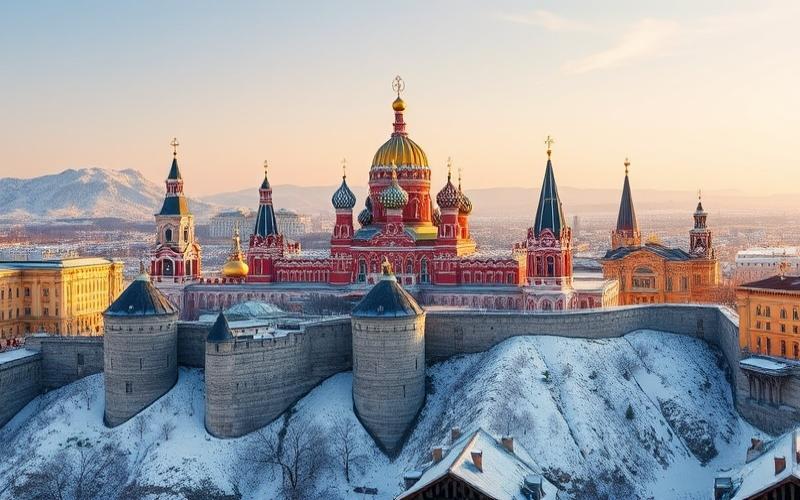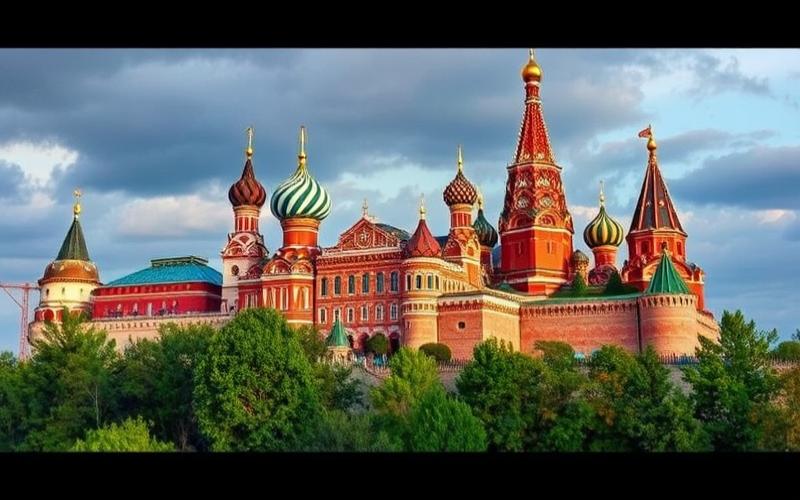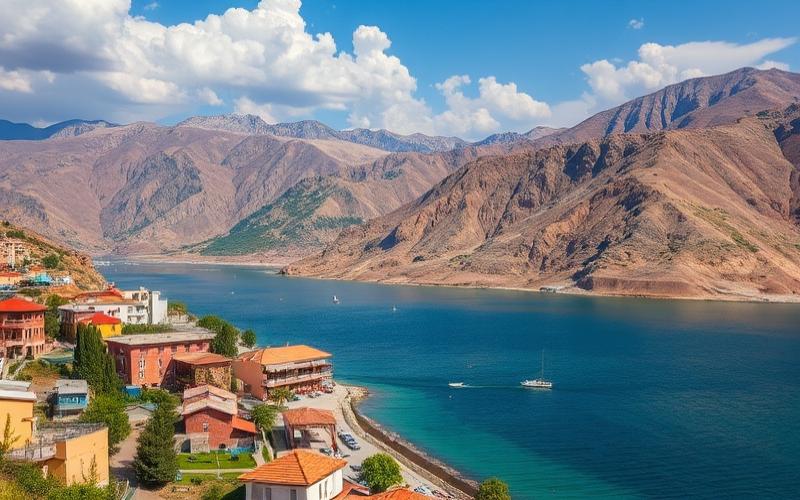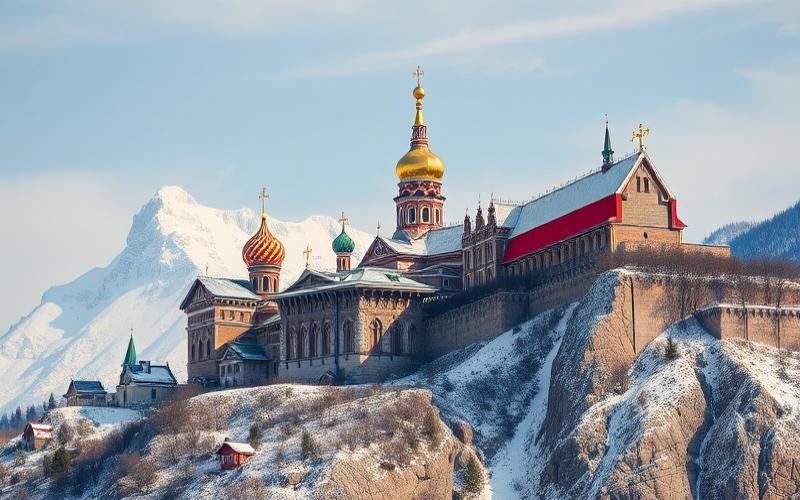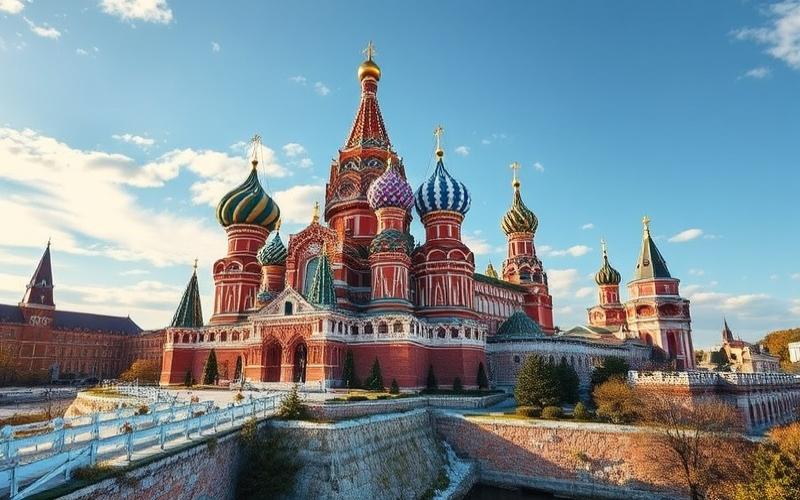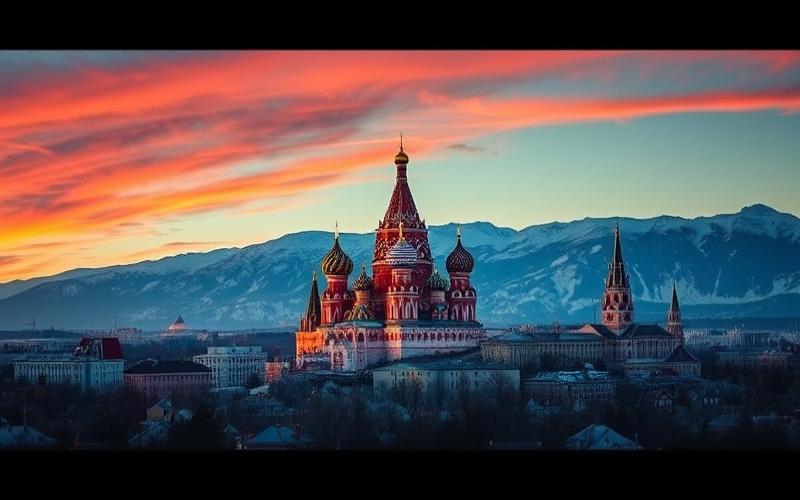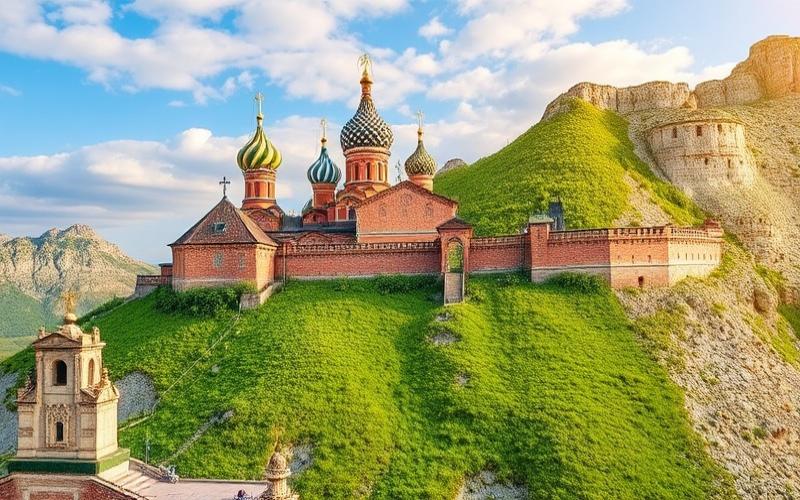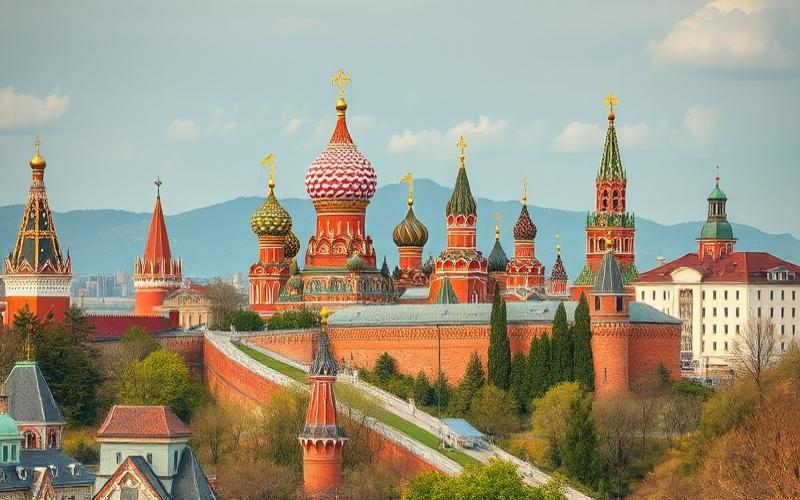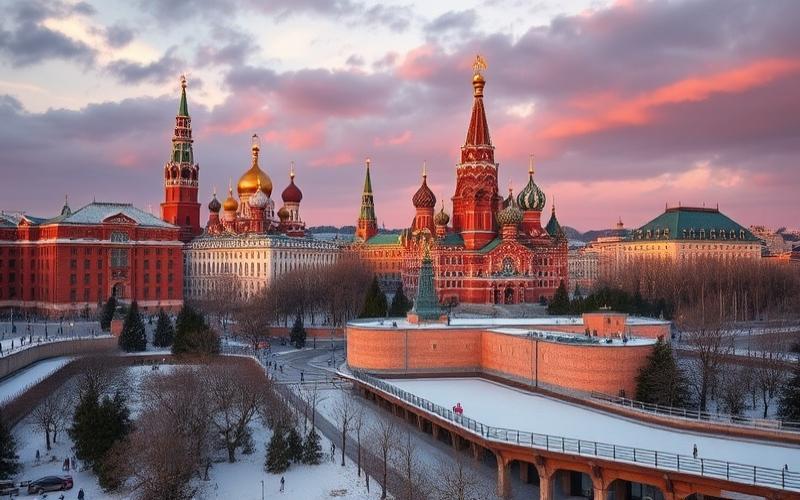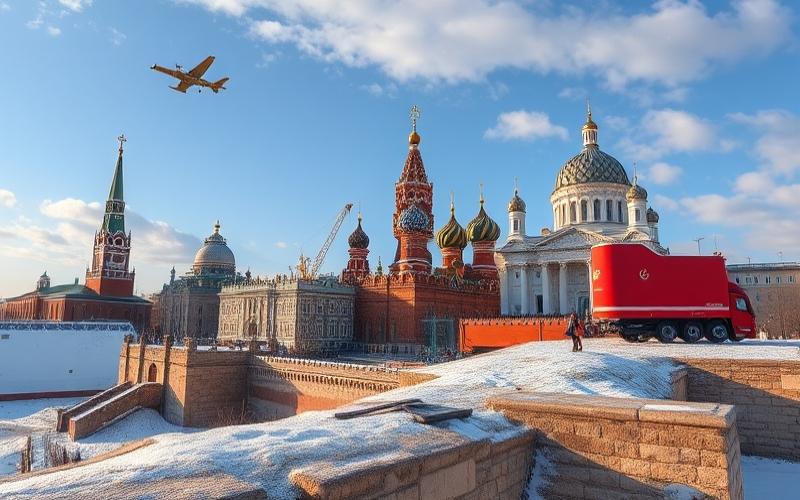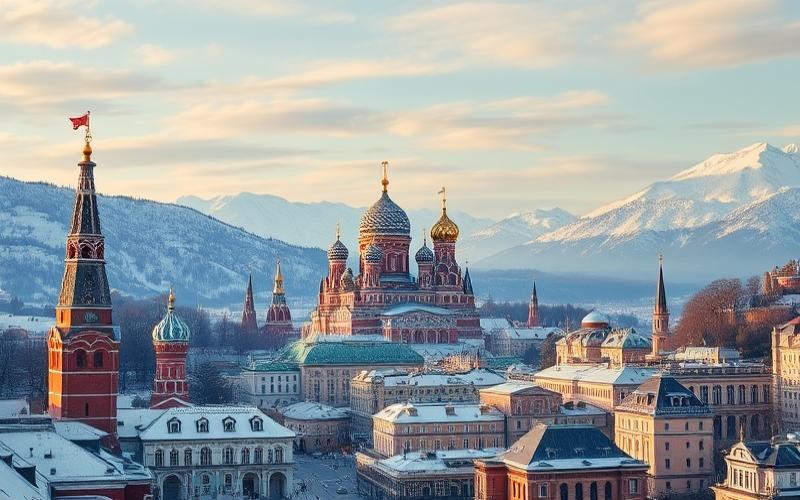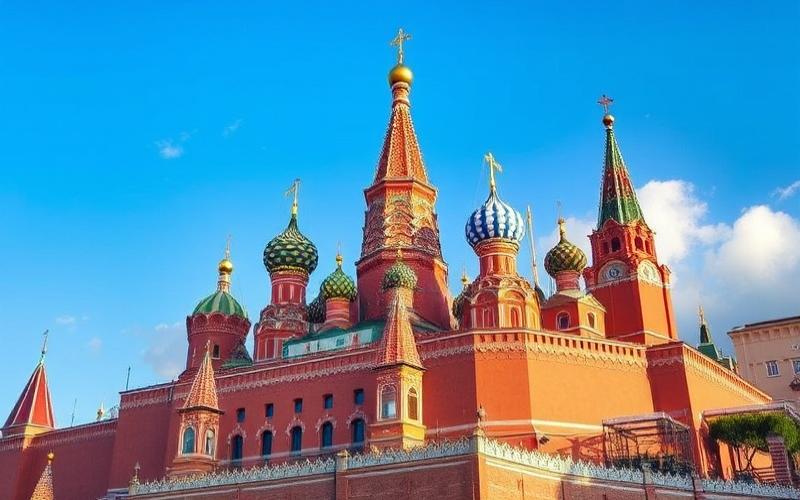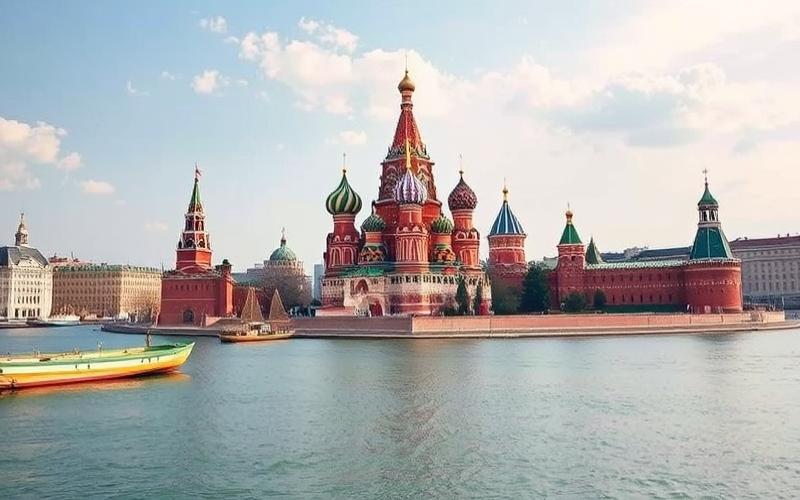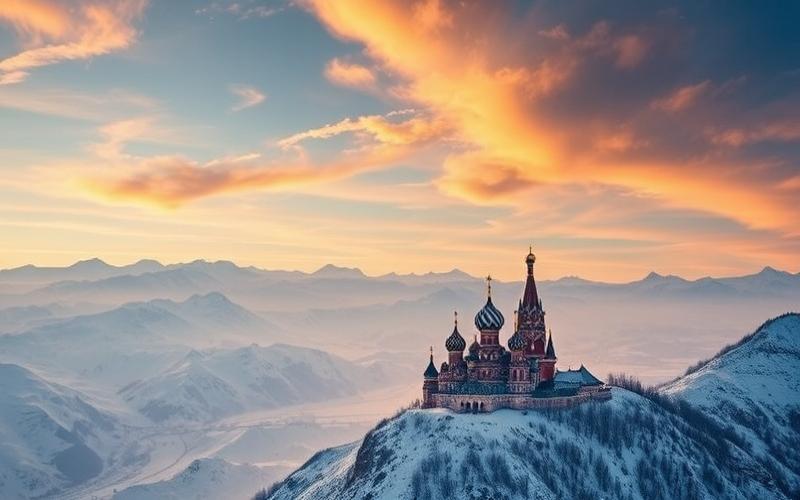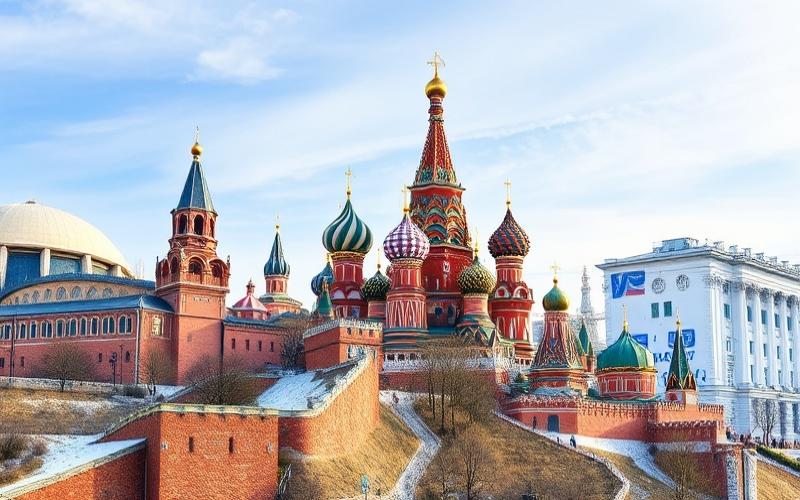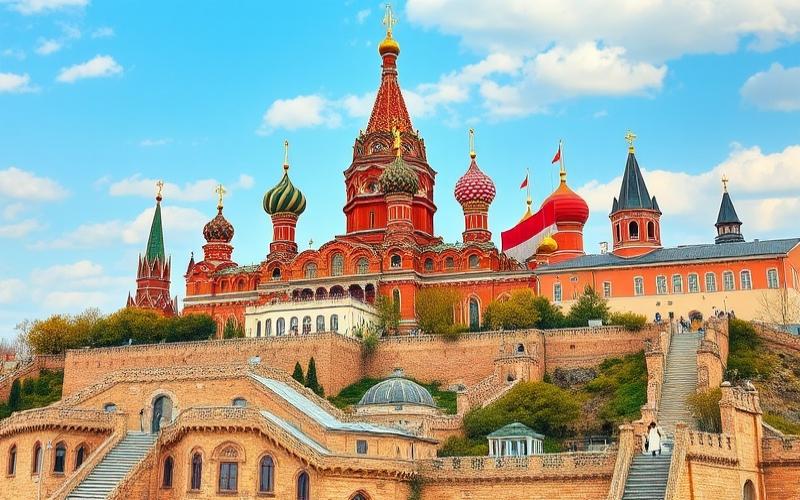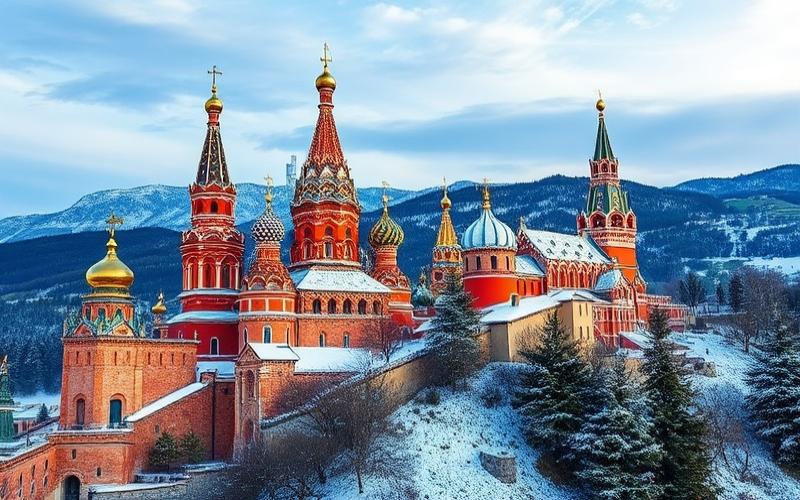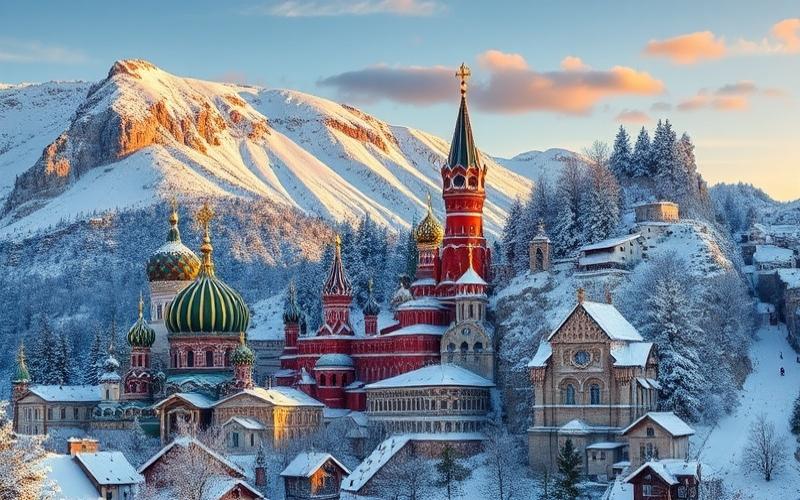
 Published on and written by Cyril Jarnias
Published on and written by Cyril Jarnias
Russia, with its vast water resources and diverse fishing areas, attracts thousands of enthusiasts each year eager to explore its marine and river riches. However, obtaining a fishing permit in this vast country can be quite challenging due to the variety of regulations and authorized zones to comply with.
This article will provide a detailed guide on the essential steps to navigate the complex process of obtaining a fishing permit in Russia, highlighting the crucial steps to follow, necessary documents, and areas where fishing is permitted. Discover how to access Russia’s fish-rich waters while complying with local laws and ensuring a rewarding and lawful fishing experience.
Essential Steps to Obtain a Fishing Permit in Russia
Key Administrative Steps to Obtain a Fishing Permit in Russia
- Identify the required permit category based on the type of fishing (recreational or commercial) and target species.
- Prepare the required documentation:
- Identification (passport for foreigners)
- Proof of residence or stay address
- For commercial fishing: business, vessel, and personnel documents
- List of species to fish and desired areas
- Complete specific administrative forms:
- For commercial fishing, there are dedicated forms for license or fishing authorization applications according to national regulations or international agreements.
- These forms are generally available from the competent authorities (see table below).
- Submit the application to the competent authority (often online or in paper form depending on the region and permit type).
| Permit Type | Competent Authority | Where to Obtain the Form | Submission |
|---|---|---|---|
| Recreational Fishing | Federal Agency for Fisheries (Rosrybolovstvo) | Online / local offices | Online / in person |
| Commercial Fishing | Rosrybolovstvo and regional authorities | Regional offices / official website | Paper or digital file |
| Specific Species | Rosrybolovstvo or local administration | According to local regulations | Same |
Typical Timelines and Associated Fees
- Average processing time: 2 to 4 weeks for recreational fishing, up to 2-3 months for commercial fishing depending on the complexity of the file.
- Administrative fees: vary by permit type and region. For recreational fishing, the cost remains modest; for commercial fishing, it depends on quotas, species, tonnage, and validity period.
- Additional fees may apply for certain species or protected areas.
Permit Categories and Covered Species
- Recreational Fishing: generally covers line, fly, or boat fishing for non-protected species in public waters.
- Commercial Fishing: distinguishes permits by species (salmon, sturgeon, crabs, etc.), geographic area (rivers, lakes, sea), and fishing technique.
- Special licenses are required for endangered species or fishing in nature reserves.
Role of Competent Authorities
- Rosrybolovstvo: manages quota allocation, issues national permits, and oversees commercial and recreational fishing at the federal level.
- Regional Authorities: enforce local regulations, process permit applications for inland waters, and may impose additional rules.
- Control Services: monitor compliance with quotas, legality of catches, and adherence to fishing areas and seasons.
Practical Tips for Foreign Anglers
- Plan for certified translations of personal documents if you do not speak Russian.
- It is often necessary to be accompanied by a local guide or intermediary for fishing in certain regions or to obtain authorizations more quickly.
- Requirements may differ for foreigners: some permits are issued only to Russian nationals or require a specific procedure.
- Inquire about quotas, closed seasons, and prohibited species before any steps.
- Forms and procedures are generally in Russian: local assistance or help from a specialized agency is recommended.
Note: Fishing without an appropriate permit is subject to fines and equipment confiscation. Inspections are frequent, especially in high-value fishing areas.
Good to Know:
To obtain a fishing permit in Russia, anglers must submit an application along with their identification and complete forms available from local authorities like Rosrybolovstvo, while anticipating varying wait times and fees depending on the permit category (recreational or commercial) and target species; foreigners are advised to be accompanied by an interpreter or to inquire about local language and regulatory requirements.
Specific Regulations for Fishing Zones in Russia
Regulatory Framework for Fishing Zones in Russia
Fishing regulation in Russia is primarily based on the Federal Law “On Fisheries and Conservation of Aquatic Biological Resources” (2004), which imposes scientifically justified total allowable catch (TAC) limits for each zone and species. The application of these limits aims to ensure the sustainability of fishery resources. However, industrial fishing is not systematically subject to these TACs, and the federal government retains the prerogative to set special statuses for certain species or areas.
Control and Enforcement Agencies
- Russian Federal Agency for Fisheries (Rosrybolovstvo): main management body, quota allocation, permit issuance, monitoring, and control.
- Regional Fisheries Control Services: local enforcement of regulations, inspections, management of infractions.
Examples of Specific Areas and Particularities
| Zone | Regulatory Particularities | Seasonal or Ecological Restrictions |
|---|---|---|
| Russian Far East | Salmon areas, annual quotas, seasonal contracts | Temporary closure during salmon migration |
| Barents Sea | Strict TACs for cod, herring, and blue whiting | Enhanced catch controls |
| Azov and Black Seas | Specific regulations maintained until 2026 | Restrictions for biodiversity protection |
| Kuril Islands | Ban on drift nets since 2016 | Aims to reduce seabird mortality |
Ecological and Seasonal Restrictions
- Ban on drift nets in the Far East and around the Kuril Islands, to protect seabirds and marine mammals.
- Periodic closures during breeding or migration seasons (especially for salmon).
- Annual quotas by species and area, revised based on scientific assessments.
Impacts on Local and Foreign Fishers
Local fishers benefit from increased stock protection but sometimes suffer economic losses due to seasonal closures or quota reductions.
Foreign fishers must comply with bilateral agreements (e.g., Morocco-Russia), pay licenses and fees, employ local staff, and adhere to quotas and controls imposed by Russian authorities.
Procedures to Obtain and Maintain a Fishing Permit
- Permit application to Rosrybolovstvo (including fishing plan, identification of target areas and species).
- Quota allocation based on annually set TACs.
- Regular control: inspections at sea, logbook verification, catch reporting.
- Permit renewal or modification according to stock and regulation changes.
Penalties for Non-Compliance
- Administrative fines proportional to the severity of the offense.
- Permit revocation or suspension in case of repeat or serious offenses.
- Confiscation of catches and equipment (vessels, fishing gear).
- Criminal prosecution for large-scale illegal fishing or violations of endangered species protection.
To Remain Compliant with Regulations
- Stay informed of regulatory updates (especially annual quota changes).
- Strictly adhere to open and closed seasons.
- Use only authorized fishing gear.
- Report all catches and cooperate during inspections.
Summary of Key Points
- 2004 Fisheries Law: main framework, TACs, permit management.
- Agencies: Rosrybolovstvo and regional agencies.
- Iconic Zones: Far East, Barents Sea, Azov Sea, Kuril Islands.
- Notable Restrictions: quotas, ban on certain gear, seasonal closures.
- Severe Penalties for offenders.
- Strict Procedures for compliance and permit acquisition.
Box:
For any fishing activity in Russia, it is imperative to regularly consult official guidelines, strictly adhere to quotas and fishing seasons, and maintain complete documentation of activities to avoid any penalties.
Good to Know:
In Russia, fishing in Lake Baikal requires a special permit due to its strict regulations aimed at protecting the lake’s unique ecosystem; non-compliance with these rules can result in heavy fines. Anglers must adhere to the legislations defined by the Federal Service for Supervision of Natural Resource Use to avoid severe penalties.
Practical Tips for Expat Anglers in Russia
Understanding local fishing regulations in Russia is essential: one must comply with the law on fisheries and conservation of aquatic biological resources, including the annual total allowable catch (TAC) quotas determined by the government. Certain species are subject to strict quotas, and there are special statuses for obtaining authorizations when more than 25% of a fishing company’s capital is foreign-owned. To fish in Russian territorial waters, a special permit may be required.
Practical Tips for Purchasing Gear Suitable for Russian Conditions:
- Choose sturdy rods capable of withstanding extreme cold and major climate variations.
- Prioritize technical clothing (thermal suits, insulated boots) designed for prolonged sub-zero temperatures.
- Opt for anti-slip and anti-corrosion equipment (stainless steel hooks, freeze-resistant reels).
- Bring a portable tent or shelter if practicing ice fishing.
Tips for Managing the Harsh Climate:
- Always check the weather before each outing; prefer multiple layers of breathable clothing.
- Carry hot drinks and energy food with you.
- Use a GPS system or suitable mobile app to avoid risks in case of sudden fog or storms.
Best Periods by Target Species:
| Target Species | Ideal Period | Recommended Region |
|---|---|---|
| Pike | May – June / September | Western Siberia |
| Salmon | July – August | Kamchatka |
| Perch | June – September | Volga |
| Sturgeon | Spring / Fall | Caspian Basin |
Integration into Local Communities:
- Learning a few common phrases in Russian greatly facilitates exchange during group outings.
- Participating in local events like competitions or traditional fishing festivals strengthens social bonds.
- Discreetly respect certain customs such as sharing the caught fish with your group or host.
Cultural Differences to Anticipate:
- Punctuality is highly appreciated during group meetings by the water.
- Informal address is not automatic between adults; observe before adopting this register.
- Russians often prefer a direct style in exchanges but place great importance on mutual aid among anglers.
Useful Resources for Expat Anglers:
- Local clubs like “Рыболовный клуб России” present in all major river cities
- Specialized forums such as “Russian Fishing Forum” to share tips and weather updates
- Dedicated mobile apps (e.g., Рыбалка России) allowing quick location of official spots
To maximize your experience: Always anticipate your administrative steps, as some regions require specific permits depending on the chosen area. Regularly informing yourself with the local ministry also helps avoid any unintentional infractions related to annual regulatory changes.
Good to Know:
Ensure you fully understand local fishing regulations and opt for gear resistant to the harsh cold; participating in local fishing clubs or online forums can help with integration and exchanging tips, especially on the best periods and locations by species.
Disclaimer: The information provided on this website is for informational purposes only and does not constitute financial, legal, or professional advice. We encourage you to consult qualified experts before making any investment, real estate, or expatriation decisions. Although we strive to maintain up-to-date and accurate information, we do not guarantee the completeness, accuracy, or timeliness of the proposed content. As investment and expatriation involve risks, we disclaim any liability for potential losses or damages arising from the use of this site. Your use of this site confirms your acceptance of these terms and your understanding of the associated risks.

